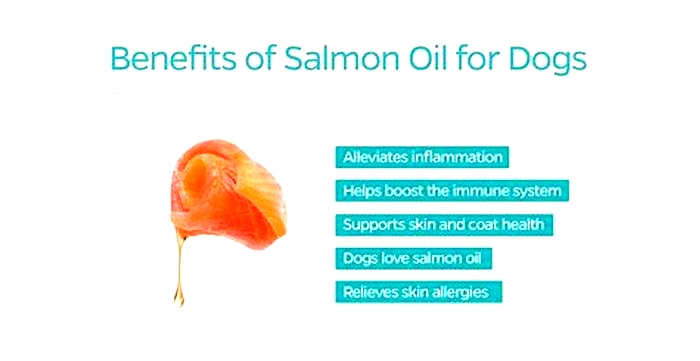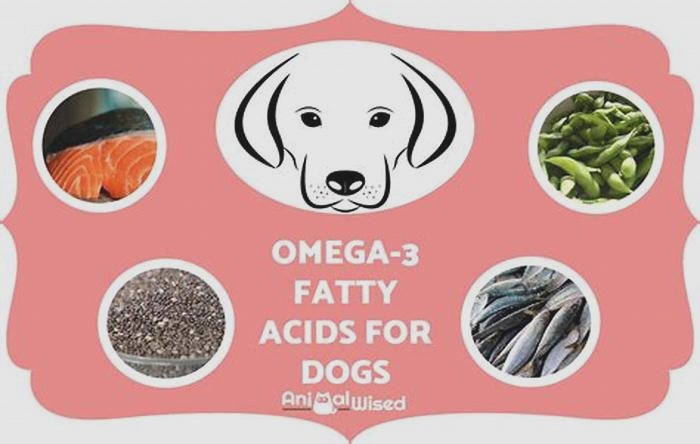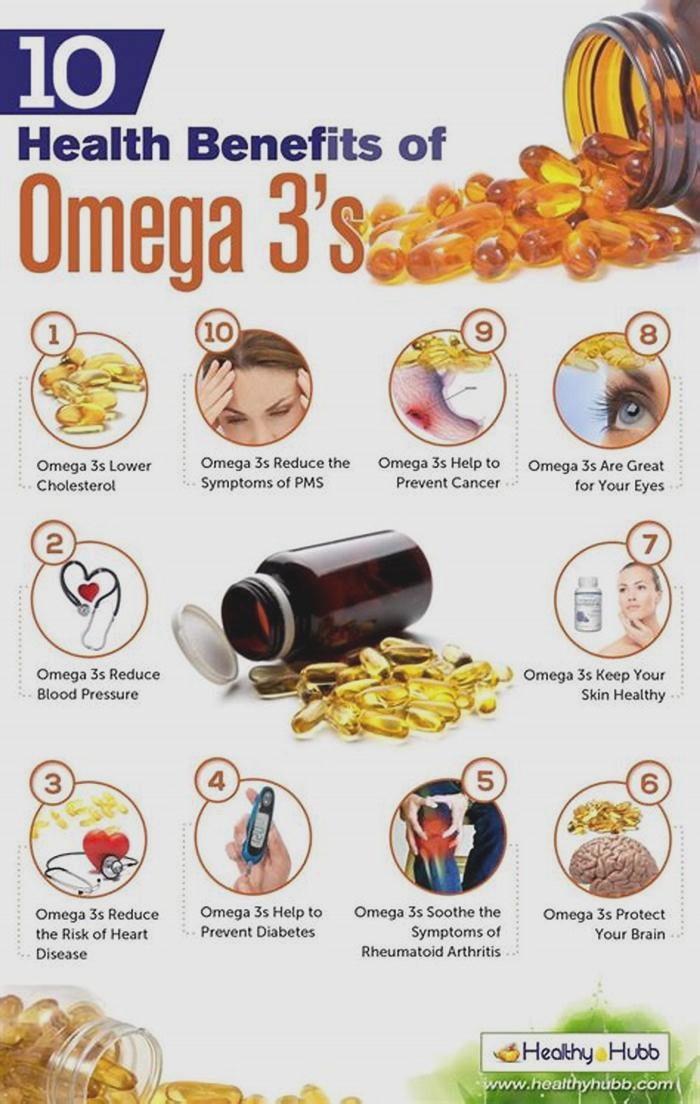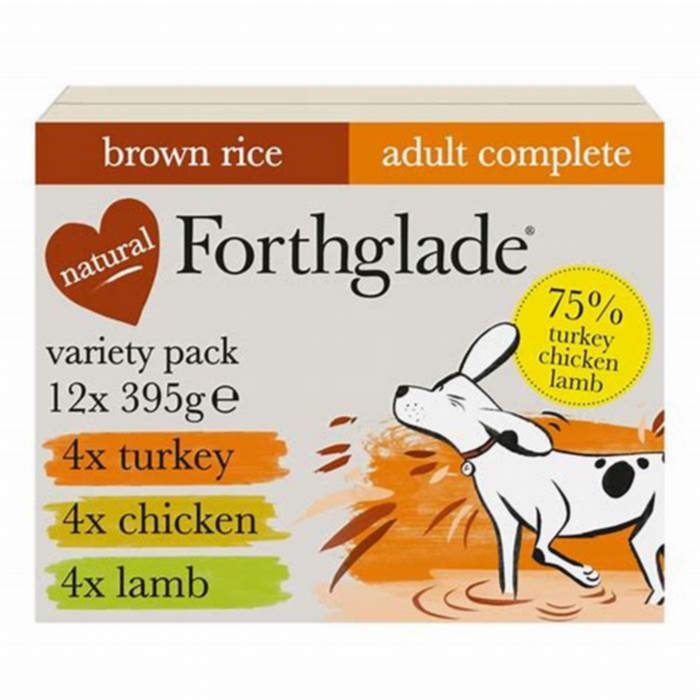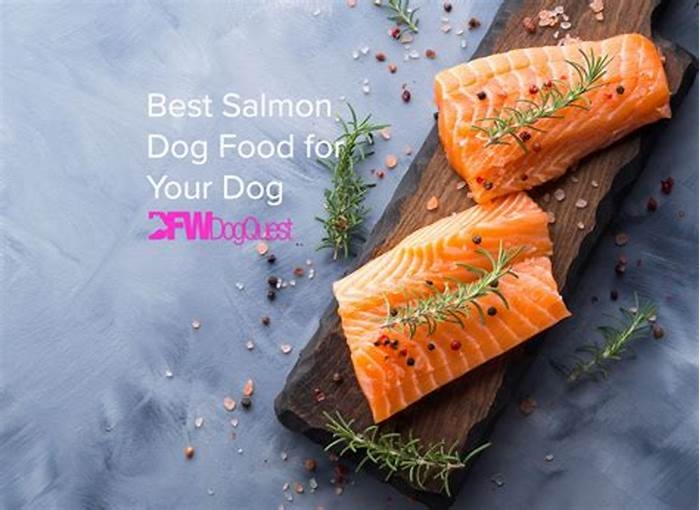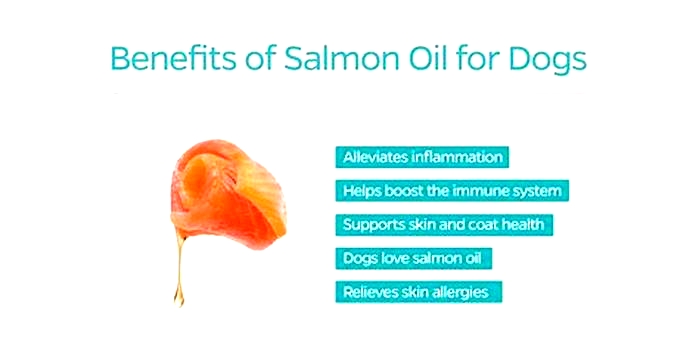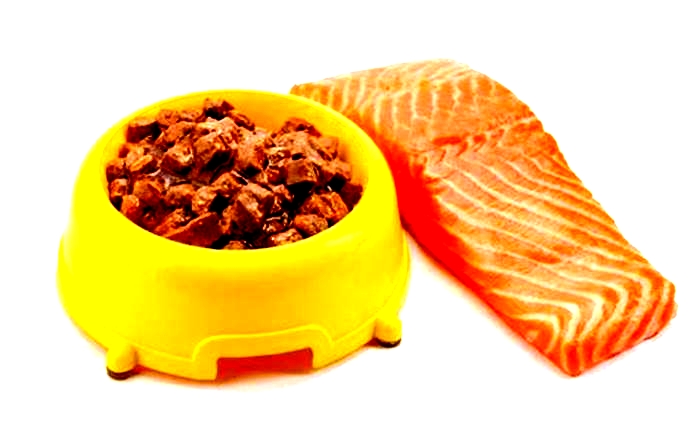Understanding the Benefits of Salmon for Your Dog s Health
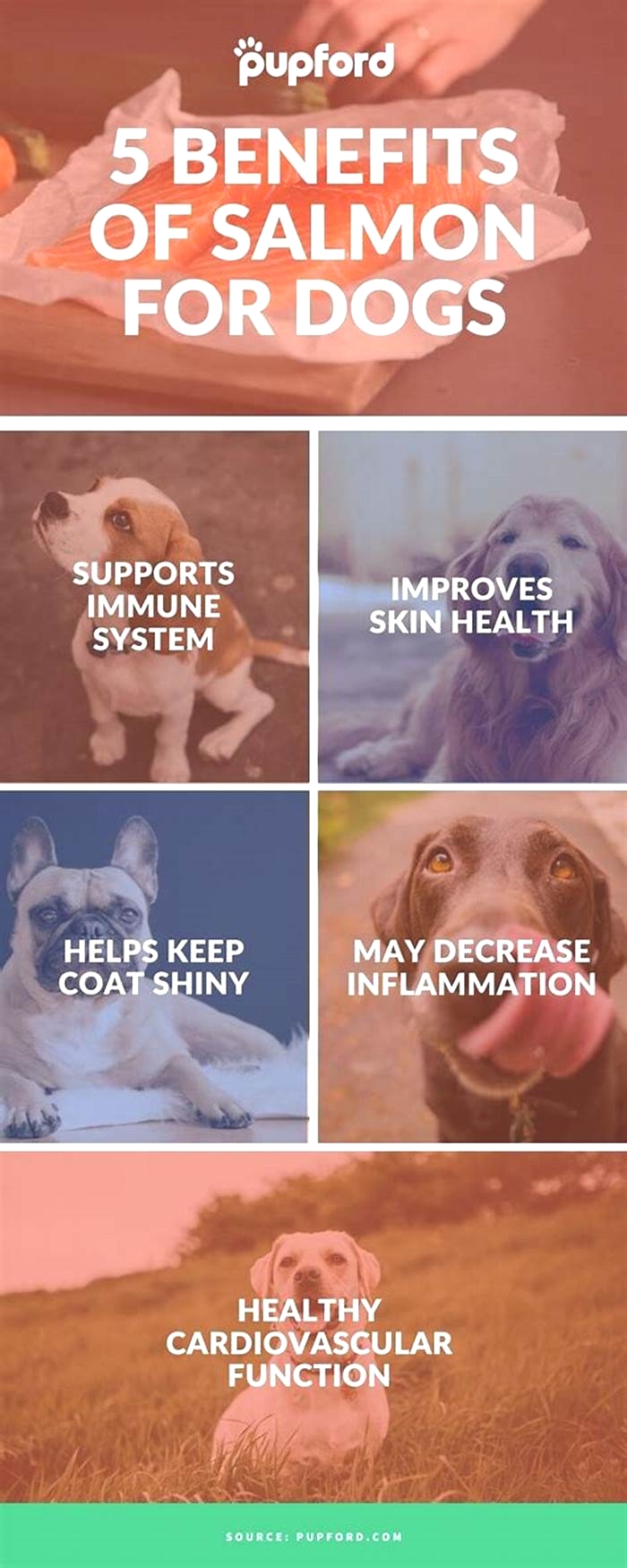
Can Dogs Eat Salmon? Surprising Benefits and Proven Risks
Salmon is a type of fish widely used by humans in their diet. Its very tasty, filled with protein and omega-3 fatty acids. But can dogs eat salmon?
The short answer is: Yes, they can, but not all kinds. Many dog foods contain salmon, and dogs can eat certain types of it, but there are a few things you should watch out for. Lets learn more:
What Kinds of Salmon Are Safer for Dogs?
Salmon can be a tasty and healthy addition to your dogs diet, but you have to watch out for a few things.
The Species
Atlantic salmon and Pacific salmon are among the many types of fish your dog can eat.
While Atlantic salmon is one species Salmo salar there are several species of Pacific salmon:
- King (chinook)
- Coho (silver)
- Pink
- Sockeye (red)
- Chum (keta)
The king, coho, and sockeye salmon are often eaten fresh or cooked.
But can dogs eat pink salmon and chum salmon? Yes, but theyre usually used for canning, freezing, or smoking in the food industry, so youll rarely come across these types of salmon in a raw state.
Overall, the fish species is less important than how you serve it to your dog.
Farm-Raised vs Wild-Caught
So, the salmon species doesnt matter much, but what about its habitat? Depending on where it lives, salmon can be farm-raised or wild-caught. But which kind of salmon is better for dogs?
Farm-raised salmon has been grown in mass quantities for a long time now. With time, fish farming methods have advanced significantly. That said, farm-raised salmon still have more fat, calories, and contaminants than their counterparts living in the wild. Theyre also typically exposed to more antibiotics. Due to all this, wild-caught salmon might be a healthier option for your dog.
Benefits of Salmon
In what ways is salmon good for dogs?
Salmon contains nutrients and vitamins essential for your dogs health, such as:
- Protein
- Omega-3 fatty acids
- Vitamin A, D, and B
Also, it has minerals like:
- Selenium
- Potassium
- Magnesium
- Zinc
All these nutrients give your dog healthy skin and a shiny coat and help with muscle development. They prevent inflammation and strengthen the immune system, as well as heart, kidney, and nervous system health.
Risks of Salmon in Canine Diet
Before you feed your furry friend anything, you should know that some foods can be bad for dogs. While your dog can eat salmon, sometimes that may cause problems.
Mercury Poisoning
Salmon as food for dogs might be dangerous due to the risk of mercury poisoning. Some industries leak mercury into the lakes, rivers, and oceans. With time, the fish in those areas consume this mercury and accumulate it in their bodies.
The longer a fish lives, the more mercury it contains. If your dog ends up eating this fish, it may lead to poisoning. Symptoms of mercury poisoning include:
- Vomiting blood
- Diarrhea (sometimes bloody)
- Discoordination and anxiety
- Tremors
- Hair loss
- Blindness
If you notice any of these symptoms, you should contact your veterinarian.
Dangerous Bones
The salmon skeleton contains very small, brittle bones that break easily. So can dogs eat salmon bones? Well, they cant.
Because these bones are very small, theyre a choking hazard.
Another risk they pose is scratching or puncturing your dogs digestive system, which leads to a lot of other problems. The bones can also accumulate and block your dogs intestines.
Besides these, theres always the risk of salmon bones hurting your dogs tongue and gums.
Salmon Poisoning
So fish bones are out of the question, but can dogs eat raw salmon?
The answer is a resounding No. Even if people eat sushi or sashimi with raw salmon, dogs should avoid these foods. Thats because raw salmon can contain parasites that can lead to poisoning.
Raw salmon can have the parasite Nanophyetus salmincola that can be infected with a strain of rickettsia called Neorickettsia helminthoeca. This bacteria causes salmon poisoning in dogs.
As little as six days after your dog eats some raw salmon, you may notice a few symptoms. These include:
- Vomiting
- Lack of appetite
- Weakness
- Swollen lymph nodes
- Fever
- Diarrhea
- Dehydration
If you notice these symptoms and contact your vet in time, this disease is very curable. If left untreated, it may result in death within two weeks.
Prevention, as always, is better than cure, so before feeding salmon to your dogs, make sure you cook it first. Thats how youll avoid these unpleasant and dangerous symptoms.
Fish Allergy
So, in what other way is salmon bad for dogs? Well, like any other food, salmon can contain allergens, so your dog could potentially have an allergic reaction to it.
The symptoms would appear right after your dog ingests the food and include:
- Itchy skin and paws
- Hives
- Swelling of the face
- Vomiting
- Diarrhea
- Asphyxiation
- Anaphylactic shock
To prevent an allergic reaction, its best to test your pup for allergies at home. If you notice that your dog shows these symptoms after eating some food, contact your veterinarian.
Too Much Salt
At this point, you might be wondering: Can dogs eat smoked salmon instead of cooked? We have to disappoint you no, they cant. Smoked salmon isnt processed in a way that destroys all parasites. Because of this, the risk of poisoning is still present.
Besides parasites, the way we make smoked salmon is dangerous, too. People add a lot of salt to the fish during the process. Too much salt can cause dehydration or lead to sodium poisoning.
Symptoms of sodium poisoning include:
- Vomiting
- Diarrhea
- Decreased appetite
- Incoordination
- Excessive thirst
- Lethargy
- Tremors
- Seizures
- Coma
If you notice any of these symptoms in your dog, contact your veterinarian.
What Types of Salmon Can Dogs Eat?
We have answered the Can dogs eat salmon? question in general, but what kind of salmon is good for them exactly? Well, there are a few options.
Salmon Skin
So, we know that dogs cant eat fish bones, but can dogs eat salmon skin?
Yes, they can. As long as you cook the skin, clean it well, and avoid using salt or other seasonings, your dog can enjoy it. But dont just peel off the whole skin and throw it at your dog. Be sure to cut it into smaller pieces to avoid choking.
Another important thing to mention is that salmon skin contains a lot of fat. This can lead to unhealthy weight gain. To avoid this, offer salmon skin to your dog on special occasions only.
Canned Salmon
Can dogs eat canned salmon? Yes, they can. Always make sure to get the salmon preserved in water instead of the one preserved in oil. Just like too much salmon skin, too much oil can be bad for your dog, so youll need to drain it and only feed a little to your pet.
Salmon preserved in water is healthier as it has fewer additives and calories. Still, canned foods often contain a lot of salt and may cause sodium poisoning. Either way, fresh salmon, once properly cooked, will always be healthier than canned.
Dog Food With Salmon
So we know that salmon is good for dogs, but sometimes we just dont have access to fresh fish. In such situations, we can reach out for dog food with salmon as its main ingredient. For example, you can order dry dog food that contains salmon, like the Purina Salmon and Rice Formula on Amazon. Another option is dog snacks with salmon, like the BIXBI Salmon Jerky Dog Treats.
Salmon Supplements
Now that we know all the salmon benefits for dogs, you might want to enhance your pets nutrition by using salmon supplements.
Usually, these come in the form of oils you can add to your dogs daily meals. A good supplement I recommend is Zesty Paws salmon oil on Chewy. It contains a healthy amount of omega-3 fatty acids thatll make your dogs skin and coat healthy. It also tastes good, which is always a plus.
How Much Salmon Can Your Dog Eat?
Can dogs eat salmon every day? We wouldnt recommend it. As with any other food, moderation is key.
Too much salmon can disrupt the balance of your dogs diet. Because the fish contains a lot of fat, it may lead to weight gain. Also, cooking salmon might include adding a bit of salt, which can result in increased salt intake that can harm your pet.
We recommend feeding your dog small quantities of salmon once or twice per week. Make it a special treat rather than part of their regular diet.
Of course, these rules dont apply to special dog food and supplements because they come with their own recommended dosages.
How to Prepare Salmon for Your Dog
Salmon is good for dogs only if its prepared properly. Heres how you do that.
Dont Use Salt
If youve ever wanted to give your dog salmon directly from your plate, youve probably wondered: Can dogs eat seasoned salmon?
The answer is no. If you cook the salmon yourself, avoid adding salt to it. You should avoid smoked salmon for the same reason.
Cook It Well
Cook the salmon until it becomes opaque and flakes easily. You can also check it with a food thermometer and wait until it reaches an internal temperature of 145 degrees Fahrenheit. This way, youll kill all the dangerous pathogens.
Remove the Bones
Salmon bones can cause a lot of problems for your dog. They can hurt the tongue and gums or perforate or block the intestinal tract. To avoid this, remove the bones from the salmon filet before giving it to your dog as a treat.
Can Dogs Eat Salmon? Wrap Up
Dogs can eat salmon. In fact, salmon can be very beneficial to your dog. It contains a lot of omega-3 fatty acids, protein, vitamins, and minerals essential to your dogs health.
But salmon can potentially cause problems like mercury and sodium poisoning, salmon poisoning, and even provoke allergies.
To get the most out of this delicious fish, be sure to prepare it well and give your dog well-cooked, unsalted salmon. You can also try some canned salmon commercial dog food or supplements. That said, always avoid giving your dog raw or smoked salmon.
7 Benefits of Salmon Oil for Dogs: Canine Health and Nutrition
Salmon oil is a healthy supplement for both humans and dogs. Rich in omega-3 fatty acids, fish oil promotes heart health, a sleek coat, healthy skin, and strong joints, among other benefits.
Because dogs cant produce omega-3 fatty acids on their own, they must get them from their diet. If youre considering adding salmon oil to your dogs diet, here are the seven benefits.

The 7 Benefits of Salmon Oil for Dogs
1. Reduces Inflammation
Omega-3 fatty acids, which include docosahexaenoic acid (DHA) and eicosapentaenoic acid (EPA), help reduce inflammation throughout your dogs body. This reduces itchy skin, inflamed and uncomfortable joints, and gastritis.
2. Minimizes Skin Allergies
Salmon oil reduces the inflammatory response that can contribute to skin allergies. When dogs have dry or irritated skin, theres a decreased amount of fat (oil) on the outer layer of the skin. Salmon oil provides an oil barrier on the skin to prevent allergens like grass, dust, or pollen from reaching the deeper layers that cause an immune response.
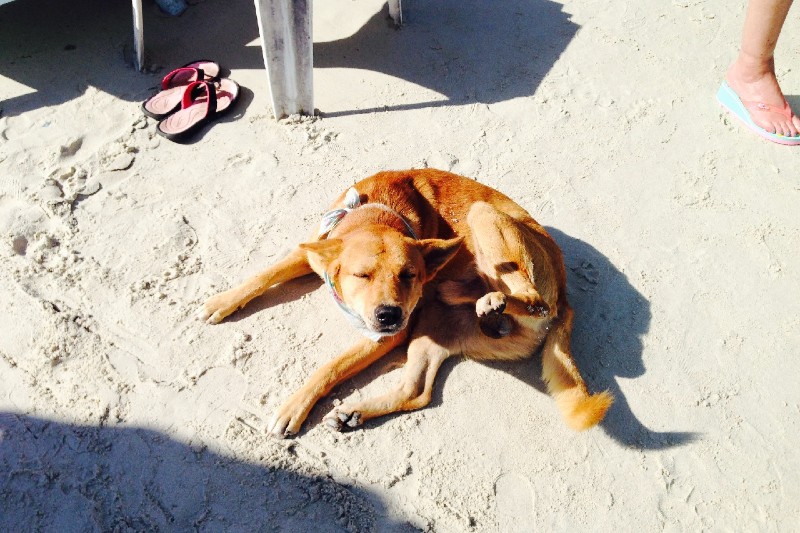
3. Improved Cognitive Function
Salmon oil contains DHA, which plays a huge role in brain development. Puppies benefit from having salmon oil as their brains develop, but it can help the cognitive function of dogs of all ages, especially older dogs with canine cognitive dysfunction (canine dementia).
4. Promotes a Healthy Coat
Salmon oil balances the skins moisture from the inside out, leading to healthy skin. As a result, dogs have a softer, shinier, and healthier coat with salmon oil supplements.

5. Promotes Heart Health
Salmon oil has been found to promote heart health and prevent conditions like an irregular heart rhythm and atrial fibrillation. It can also act as an anti-coagulant to prevent clots in dogs that have heart disease, limiting the risk of heart attack or stroke.
6. May Prevent Cancer
Cancer is caused by damaged cells replicating unchecked. Salmon oil contains DHA and EPA, which prevent damage to cells and could protect against DNA damage that can lead to cancer. This benefit isnt widely researched, but it has strong potential.
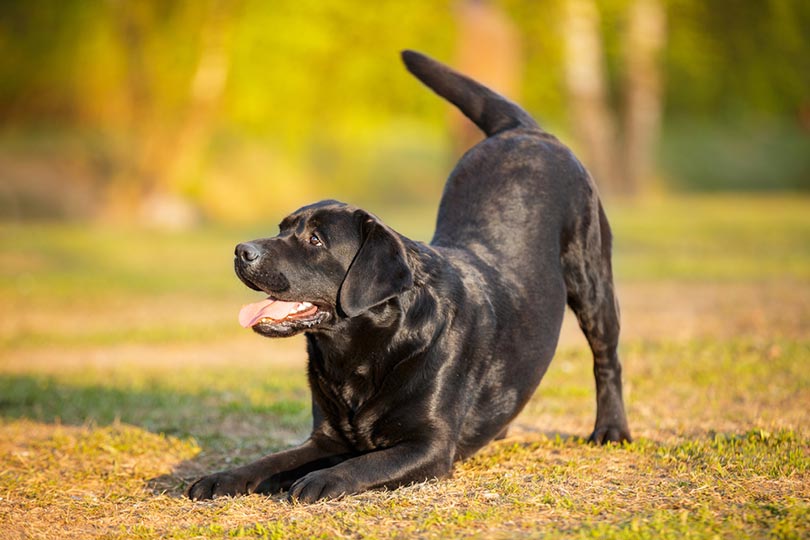
7. Improves Overall Health
The omega-3s EPA and DHA have benefits for the heart, kidney, and liverorgan systems that can be prone to potentially life-threatening conditions. Supplementing with salmon oil could help preserve these organ systems and promote a longer and healthier life.

How Can I Give My Dog Fish Oil?
DHA and EPA are found naturally in salmon, sardines, and anchovies. Its also added to commercial foods and treats.
If you prefer to supplement fish oil, you can add liquid fish oil to food or provide supplements in gel capsule form. The recommended dose of salmon oil is 75100 mg/kg with a maximum daily dose of 310(kg)3/4. Always speak to your vet about supplementing salmon oilor any supplementbefore proceeding.
Care and Storage of Salmon Oil
Salmon oil is a delicate substance prone to oxidation, so it needs to be protected from heat, light, and air. Ideally, fish oil supplements should be in dark bottles stored in the refrigerator. Vitamin E is a preservative to prevent oxidation, so look for supplements containing this or other antioxidants.
Note that flaxseed contains omega-3 fatty acids, but they are not readily converted to the active forms of EPA and DHA in dogs. Avoid giving flaxseed as a source of fatty acids, and stick to natural sources or salmon oil supplements.
Can I Give Too Much Salmon Oil?
At the right dosage, omega-3 fatty acids have few side effects. The most common side effect is diarrhea, so be sure to gradually increase your dogs dosage.
The supplement will have dosage guidelines but double-check with your vet to make sure your dosage is appropriate for your dogs size, weight, and age. If you give too much salmon oil, it could lead to vomiting, diarrhea, reduced blood clotting, weight gain, altered immune function, and delayed wound healing.

In Conclusion
Salmon oil is a natural source of essential omega-3 fatty acids that support healthy skin and coat, brain function, and overall health. If you want to supplement your dogs diet to ensure it gets enough omega-3 fatty acids, salmon oil is a relatively safe and accessible supplement to support its well-being.
Featured Image Credit: Erin_Hinterland, Pixabay

